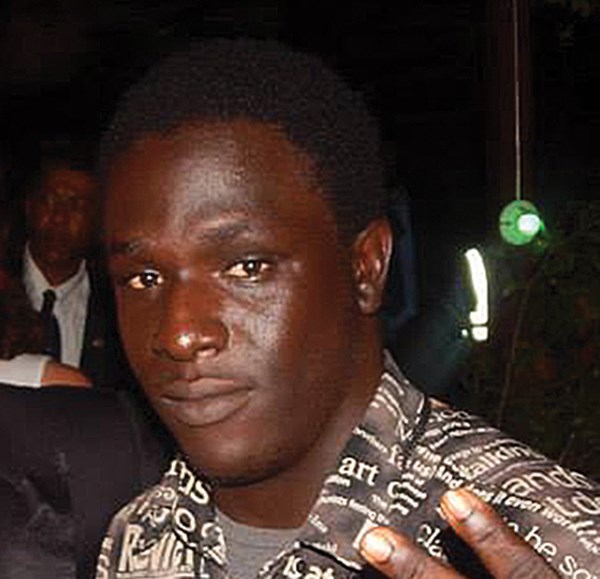Liberian radio host Gboko Stewart says he will likely be shedding tears of joy for a month.
Stewart is excited that in August he will finally be making his way to Quest University in Squamish from his home in Liberia, more than a year after his original scheduled start date at the school.
Stewart was unable to enter Canada because the federal government froze visa processing in October 2014 for areas, including Liberia, heavily impacted by the rare, but deadly Ebola disease.
The World Health Organization (WHO) declared the end of the Ebola outbreak in Liberia May 9. Canada lifted its freeze a few days later, freeing Stewart to apply for a visa to come to Squamish.
Stewart said it was a friend in Turkey who messaged him with the good news.
“I was so happy,” he told The Squamish Chief over the phone from his home in Monrovia. “I cried – yes I cried.”
Next Stewart called his best friend and then went out and partied, he said.
“I will be a cry boy for about a month,” he said, laughing heartily.
Stewart had been accepted by Quest in 2014 and its administration never had any issue with him coming to the school.
“We’re delighted Gboko is now free to come to Canada, and we look forward to welcoming him to the class of 2019 in August,” said David Helfand, outgoing president and vice-chancellor of Quest University Canada.
Canada’s freeze on visa applications from Liberia was widely criticized at the time.
The WHO had recommended countries not restrict travel from the three West African countries hardest hit by the disease and legal experts suggested Canada was breaking the International Health Regulations treaty.
In response to the restriction, Stewart set up a Change.org petition titled, “Prime Minister Harper: Don’t let my nationality prevent me from attending Canadian university.”
Stewart’s story made headlines across Canada, and the petition garnered more than 1,000 signatures.
“It wouldn’t have been possible without them,” Stewart said, adding he was touched by the outpouring of support he has received from around the world.
“Imagine the people who signed the petition, some of them even came from Iraq.”
Once Stewart has his finished university education at Quest, he wants to return to Liberia to help his country heal.
“Liberia needs me more,” Stewart said.
Experts predict the ultimate economic impact of Ebola will be immense. The World Bank Group expects around $1.6 billion of lost economic growth in the three most impacted countries, Guinea and Sierra Leone and Liberia in 2015 alone, according to the Bank’s recent report.
Canadian visa restrictions are still in place for Guinea and Sierra Leone.
There were 10,604 cases of Ebola virus disease in Liberia, and 4,769 deaths, according to the Centers for Disease Control and Prevention.
Worldwide, a total of about 27,000 people contracted the disease and more than 11,000 people died since the outbreak began in December of 2013.




